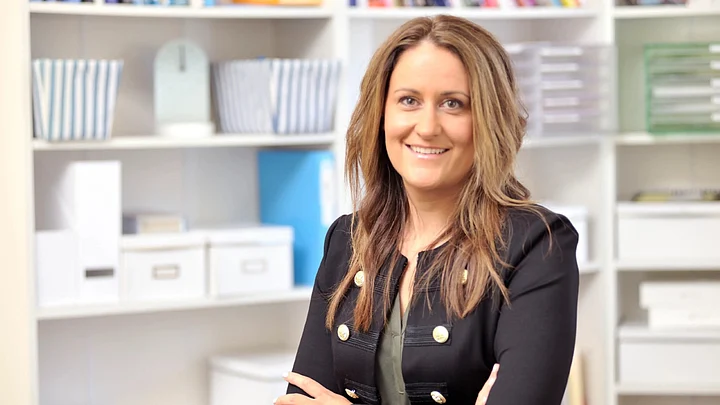We all want the best for our children – and one of the most important things we can do is to help them develop a sense of confidence and competence in the world. As humans, we are hard-wired to connect with each other – and of course this is most important when we are talking about the parent-child relationship. Our children are hard-wired to connect with us, and vice versa, but it’s not always that easy. In fact, decades of research have shown us the importance of a secure parent-child relationship, and how to achieve this – and what can go wrong when we don’t.
When a secure attachment is formed between parent and child, we know that the child will experience more happiness and they’ll also direct less anger to their parents. They will be competent with problem solving and have the confidence to ask for help when they need it. Secure children will also be more likely to have better relationships with those around them.
So, we know it is important to have a secure child because this promotes the best outcomes for our little ones. But how do we do it?
Well, there is a lot to it, but one way I like to recommend is through connecting meaningfully with your child through play! Through play, our children can learn problem-solving, critical thinking, turn-taking, sharing, and communication skills. Additionally, they can develop fine motor skills (small hand movements like when playing with LEGO® DUPLO, or drawing, etc.) and gross motor skills (large body movements needed for riding, jumping, and climbing, etc.). As a result, play is absolutely essential for your child’s healthy development.
There are different types of play which will benefit your child at different times. Unstructured play is that beautiful play that just happens – making cubbyhouses, getting creative with the LEGO® DUPLO Bricks, or pulling all the pots and pans out of the kitchen cupboard and making ‘music’ (much to the delight of us parents!). Play that is more organized and facilitated by an adult, such as playgroups, board games, or ball games outside, is ‘structured’ play.
Both types of play offer benefits - through unstructured play, you might see more creativity and problem solving being developed. Yet through structured play social skills can be developed, language strengthened, and new skills can be taught.
As your child grows and develops, their play will become more complex, and their social skills will continue to evolve. At around 18 months, for example, toddlers begin to engage in parallel play, where they play alongside another child but engage in separate, non-interactive play. By the time they are 3 to 4 years old, they may move on to associative play, where they play together in the same game or activity but not necessarily in a collaborative way.
Play can be planned, unplanned, structured or loose. It can involve toys dedicated to the purpose – we call this ‘functional’ play, or it can be more symbolic – like when your child uses a block to represent a telephone for example. Giving your child opportunities to practice the vital skills they develop through play doesn’t need to cost a fortune, and it can happen inadvertently throughout the day – by playing peekaboo when sitting on the train together, or ‘eye-spy’ while walking to the park, or even by getting creative while cooking together!
Ultimately, the most important point is to support your child’s social development in a way that works for them. Every child is different, and there is no one-size-fits-all approach. So, be sure to observe your child’s play and social interactions and be willing to adjust your approach as needed.
Play is a powerful tool for supporting your child’s overall development. By allowing them to explore their interests, experiment with different social scenarios, and interact with others, you can help your child build the skills they need to form strong relationships and succeed in life. So, get out there and play – your child’s development depends on it!
(At The Quint, we question everything. Play an active role in shaping our journalism by becoming a member today.)
